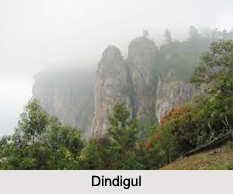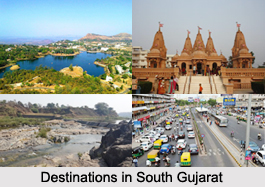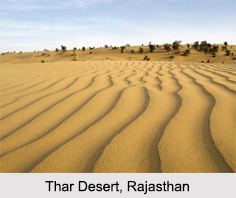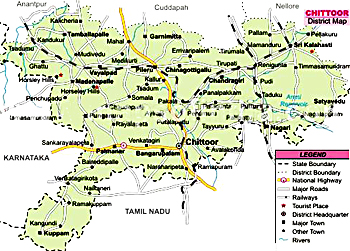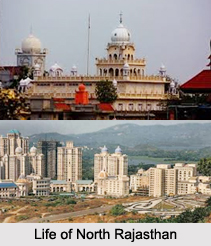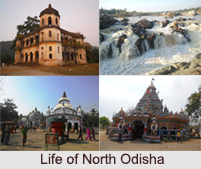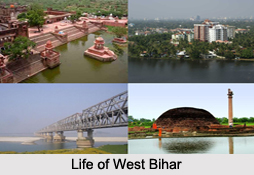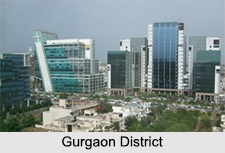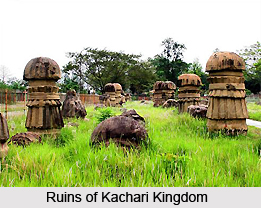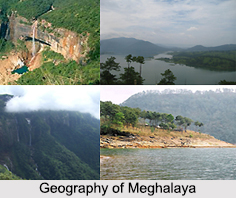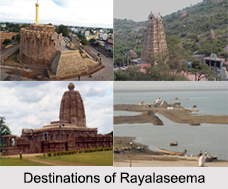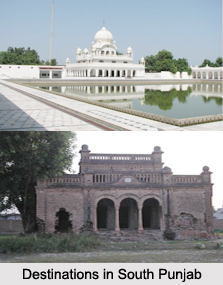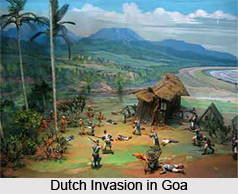 Dutch Invasion in Goa began in the early 1605 when they first attacked and blocked the state. During that time they however lost to the Portuguese forces. In 1639 they again attacked Goa and during this time the traders who have set up in Golden Goa for over a hundred years began withdrawing themselves from the state.
Dutch Invasion in Goa began in the early 1605 when they first attacked and blocked the state. During that time they however lost to the Portuguese forces. In 1639 they again attacked Goa and during this time the traders who have set up in Golden Goa for over a hundred years began withdrawing themselves from the state.
In 1605 the Dutch annexed the principal Spice Islands in the East Indies and the Portuguese were thus forced to shift to the South Celebes. Slowly the Dutch began conquering the coastal settlements of the Portuguese Empire. In 1641 they annexed Malacca, in 1658 they conquered the Portuguese settlements in coastal Ceylon and in 1663 they captured Cochin and other regions on the Malabar Coast. The Dutch in 1641 were in fact once again blockading Goa when the news of the national revolution of December 1640 and the Portuguese independence from Spain had arrived. The Viceroy, the Count of Aveiras, hastened for the proclamation. John IV, the king of Portugal wished for negotiations with the Dutch but the Dutch governor of Batavia refused to accept the treaty and once again unsuccessfully blockaded Goa.
To monitor the seas the Portuguese needed many ships. In 1631 there were 115 ships in service and the shipyards of Chaul and Bassein needed to build a galleon every year. A strong navy was required to face the enemies from Europe and also to safeguard themselves against the so-called pepper ships. These were privateers engaged in pepper smuggling, buying it in South India and selling it other places. Till the time these were merely privateers the Portuguese could deal with the problem but when it was taken up officially by the Dutch and English East India Companies the complete edifice of the monopolistic protection collapsed.
Portugal however remained much successful against the Dutch, and even managed to hold on to her East African possessions. Nonetheless it lost its chain of Gold Coast castles which had been the first foundation of the empire. In Brazil the Dutch eventually lost the sugar trade in the hands of the Portuguese. All of this however did not help Goa to rum smooth and the great city once the centre of a majestic empire was slowly reduced to the status of a coastal town.







